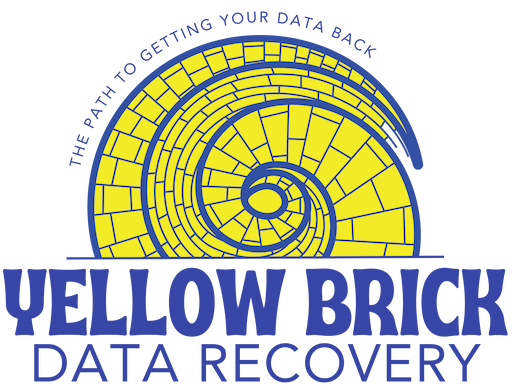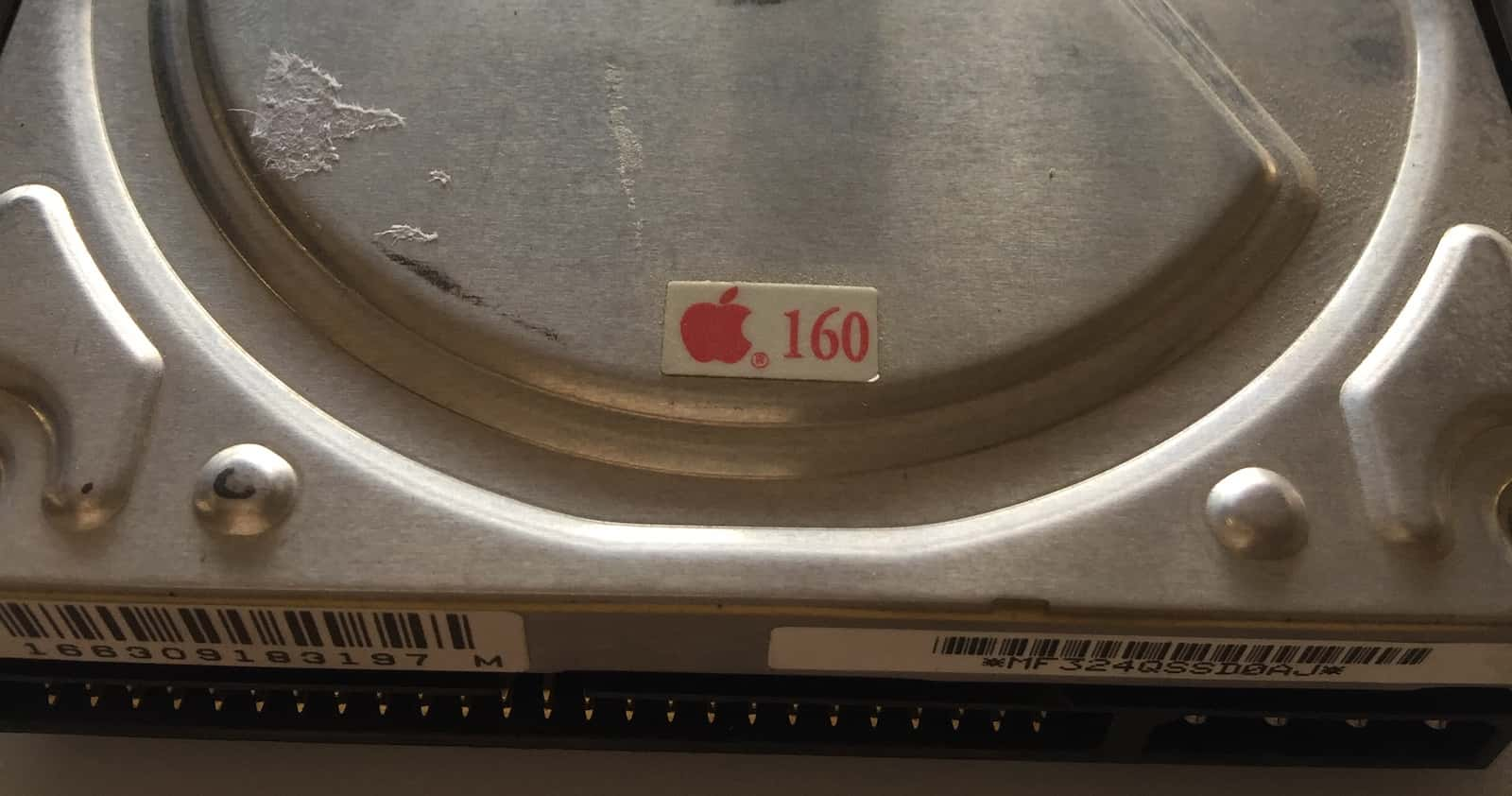We get asked how long will my hard drive last quite a bit. A hard drive usually lasts about 6 years. Certain design considerations might make a hard drive last longer (such as server drives or lucky drives) and others will fail sooner (like the super-thin spinning disks or unlucky drives). On average, across all brands, a hard drive will last around 6 years. Do note that failure rates stay pretty low until after the 4-year mark. After 4 years, the failure rate picks up substantially.
Studies that show the life expectancy of hard drives
Backblaze provides internet backups and releases information on the hard drives they use. It is super helpful to have them release so much information about the hard drives. I check in every year to see the latest numbers for the different brands of drives. Backblaze updates this data frequently… it is worth a read for sure! (UPDATE 2022) – the latest Backblaze report (released on May the 4th be with you day) is a great read.
All drives fail
Given a long enough timeline, every drive will eventually fail. Saying it another way, it doesn’t matter how long a hard drive lasts, what matters is that it will fail eventually. This means you can’t trust a single drive with important data. It could be that your drive will last 20 years before failing, or it could fail tomorrow at just 1 day old. Never trust a single drive with your valuable data.
How can I help my hard drive last as long as possible?
While it is true that all drives will fail eventually, there are a couple of things to do that will help increase your chances of having a hard drive last as long as possible. Again, always have a backup of your important data on a separate drive, but there are things you can do to help keep your drive from failing prematurely.
- Don’t drop your hard drive. This is especially true for standard hard drives with spinning disks. When you drop a spinning disk drive, the chance of internal damage is pretty high.
- Keep your drive dust free. Dust is a real problem for external drives in particular. Most external hard drive enclosures will have a fan to keep the hard drive cool, and when that fan and the surface of the drive get coated in dust, it keeps the air from moving freely to cool the drive down. Too much heat can cause the drive to wear out faster.
- Cool drives last longer. If you can keep your drive cool, it will likely last longer than if you have hot equipment. Keeping the temperature steady and cool is ideal for electronics.
- Liquids and drives don’t mix. Make sure you keep your drive in an area that will not be wet. So, for instance, I had a client that kept a server in a basement that was filled with water in the spring. When the water filled the bottom of the basement, the server equipment got moist, and he had a hard drive failure because of it.
- Only use it when needed. Keeping the drive running non-stop will shorten its life. If you only use your drive once in a while, eject the drive and power it down to store it until you need it again.
- Buy a drive that has a greater chance of lasting longer than others. This one is a little tricky. Many clients will ask me what drive I recommend to use so they don’t have another hard drive failure. The answer to that question is not a particular drive, but rather to have 2-3 drives with the important data on it. So having 2 backups on cheap, not very good, drives is better than having just one copy of the data on a super nice drive.
Signs of failure
Many times there are warning signs when your hard drive starts to fail. Keeping your ears open for odd sounds, and trusting your instincts when it seems the hard drive is running slower than usual can help you stop using a drive before it fails completely and interrupts your workflow.
I recommend using a SMART status checker utility to keep an eye on your hard drive. The SMART status on the drive will alert you when there are problems on the horizon, and you can then replace the drive before it causes you any trouble. Again, always have at least another backup of the drive, but by replacing the drive before they fail you can keep your workflow running smoothly without an interruption. As we all know, interruptions always happen at the worst possible times.
What about SSD drives? Will they fail faster or slower?
Solid State Drives (SSDs) do fail. They have some different types of failures compared to standard spinning drives, but they do fail and they do wear out. SSDs are still relatively young in the data storage space, so studies have not been completed on long-term comparisons between spinning drives and SSD longevity. But most people agree that it seems that a good model Solid State Hard drive lasts longer than spinning disk drives. They have certainly proved themselves to be more physically hardy and less prone to failure after a drop.
Backup, backup, then back up again
As I am sure you have noticed, I am very vocal about the importance of backing up your files. I have already mentioned it a half dozen times in this post alone, so please do backup your important data.
There are some cases where you want more or different types of backups, but for the majority of small businesses and individuals out there you want to have 3 backups of your data. The best setup is to have one onsite backup, one offsite backup to swap with an onsite backup, and one internet-based backup.
Onsite backup:
Think of an external drive connected to your computer that backs up daily or whenever you create valuable content. This drive is always connected and running and backs up automatically. You don’t want to have to think about the backup process at all.
Offsite backup to swap:
The idea here is to have another external drive that you store at your office or other building away from where your computer lives. That way, if something happens to the structure that holds your computer (think fire or flood or theft), you still have a backup that was at a different location. Then every month you swap the two drives. So you bring home the drive that was at your office and plug it into your computer, and you move the drive from your home to your office.
Online backup:
The final piece of your backup puzzle should be an Online based backup. This third copy will hopefully never be needed, but it is a great 3rd level backup. I don’t recommend just trusting your backups to an Internet-based backup as there can be problems that make this backup less trustworthy (think internet connection issues causing a backup to not complete in time). Backblaze is a solid option for an Internet-based backup service.
Are you having trouble with a drive that failed sooner than you expected?
I can help you recover any important data you have on a drive that failed sooner than you expected! Just fill out my recovery quote form or contact me via phone at (620) 615-6836 to discuss your project. I look forward to helping you get your important data back.

